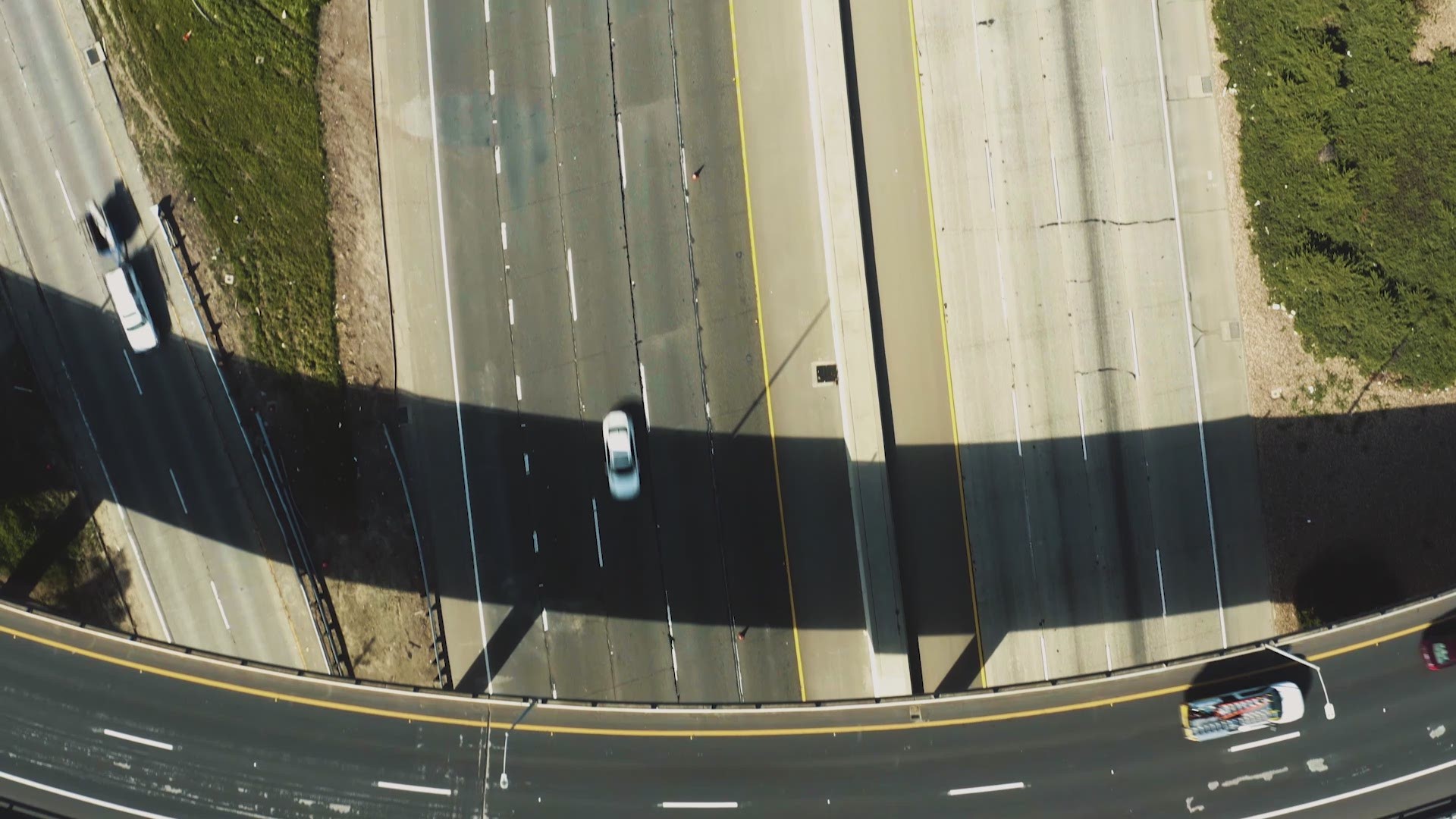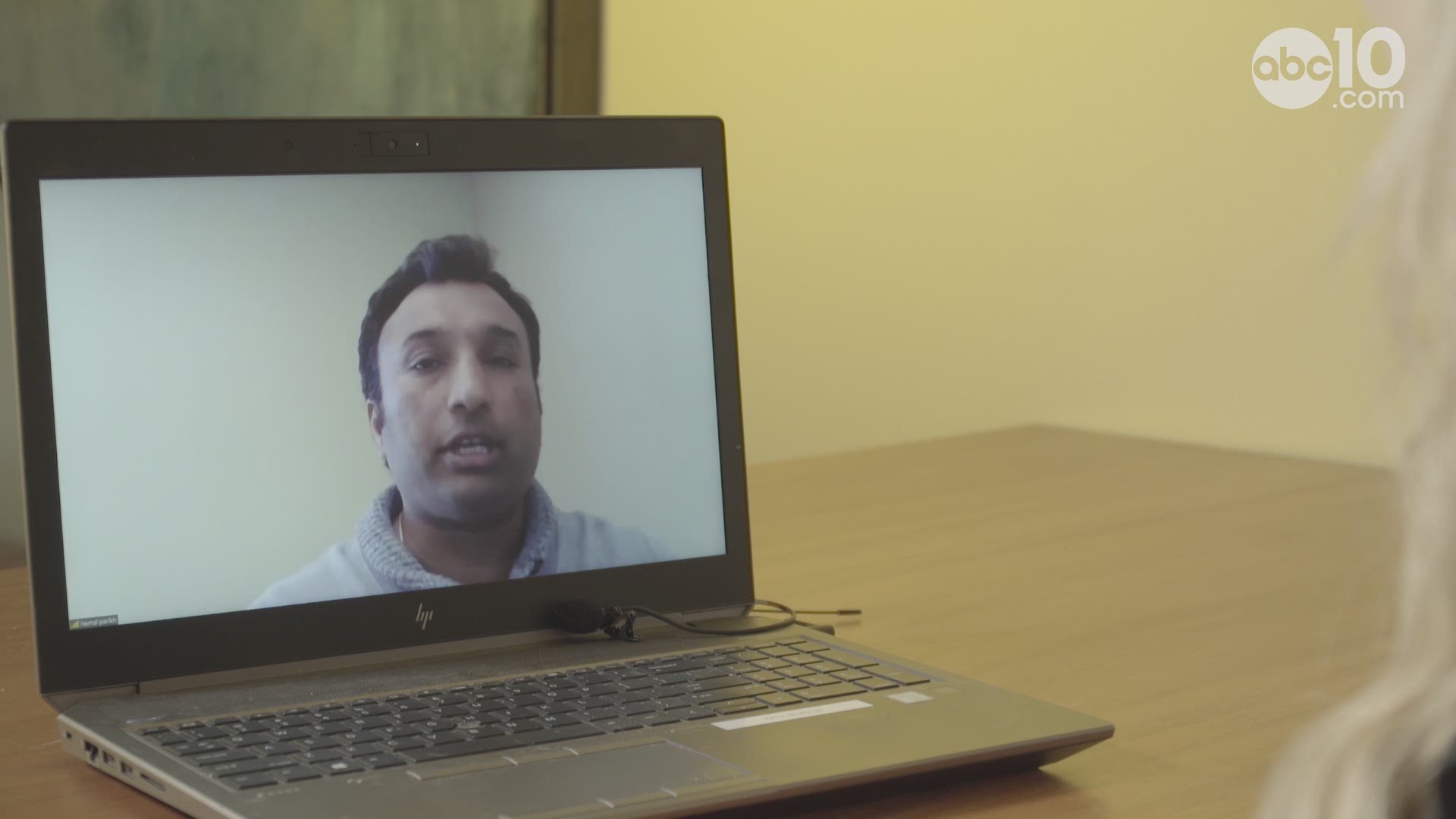CALIFORNIA, USA — It may not be the phone call you want to receive, but as society reopens amid the coronavirus pandemic it may the phone call you need to receive.
Contact investigators and tracers have been tasked with being the “disease detectives” of COVID-19. But this line of work isn’t anything new. It’s been used continually for diseases like meningitis, syphilis, HIV and tuberculosis.
Yet with the pandemic, contact tracing and investigating has become even more relevant.
Here’s how it works: If someone tests positive for COVID-19, that person’s name and phone number is entered into the California Reportable Disease Information Exchange Database, which is used to monitor all communicable diseases across the state of California.
From there, the positive COVID-19 patient will receive a call from a contact investigator.
“[The investigator] is basically talking to the positive client and from the positive client we get the contact tracing. When we’re doing the interview with the patient we help them recall everyone whom they’ve had close contact and during the time frame of their infectious period,” said San Joaquin County of Public Health’s Contact Tracer Supervisor Hemal Parikh. “Then the contact tracers warn the exposed individuals.”
The tracer is tasked with reaching out to individuals who were in close contact with the positive patient and were therefore “exposed.”
Tracers inform these exposed individuals that they need to quarantine and isolate as well as provide them with resources – like housing, if they cannot isolate from others within their own home, and food delivery, testing sites, etc.
It’s all part of an effort to slow and prevent the spread of COVID-19.
“Contact tracing is very important because this virus spreads fast and quickly, within our own households and it affects the vulnerable populations,” said Hibatallah Eltahir, Yolo County Public Health’s co-lead of the Isolation and Quarantine team.
But as more and more scams become linked to contact tracing, how can you tell the validity of a contact tracer opposed to someone trying to get personal information?
“We reveal where we’re calling from,” said Eltahir.
Contact tracers and investigators will name the public health department from which they’re calling from, that way those who receive the call can trace it back if needed.
“We don’t go into social security numbers, credit scores [or card numbers] or anything like that,” said Parikh.
“We will only ask them for their date of birth, address, names they identify with as well as race/ethnicity,” said David Linebarger, Yolo County co-lead of the Isolation and Quarantine team.
Questions should be related to health and all answers are confidential, the contact tracers ABC10 spoke with said.
As society begins to re-open, these tracers jobs are getting busier and busier. That’s why the state government is currently working to get 10,000 tracers activated, with an overall goal of 20,000, the California Department of Public Health said.
The CDPH confirmed to ABC10 that more than 90 departments on the state level are allocating 5-percent of staff to the contact tracing team. But not everyone is happy about it.
A state employee who asked to be kept anonymous out of concern of retaliation sent a statement to ABC10:
“I'm very concerned for the well being of my fellow state collegues [sic] being mandated in becoming contact tracers, including myself number one. We are being told we have no choice in the redirect and may be subject to discipline if we do not comply in performing contact tracing that a lot of us have no interest in doing and are even qualified to do. Does 20 hours of self-taught virtual training make us experts as were being told we will become? The very nature of the work is very politically controversial, is invasive by collecting private information from the public, emotionally exhausting for both tracer and public. We're also mandated to do this work from home. Now the state owns my home? How is the state protecting its employees anonymity from the public they'll be contacting? Why were more women in my department chosen over men? Why were employees just chosen and not actually vetted to ensure they're the right people for the task? What about employees who may have a medical disability preventing them from doing this type of work? What about the pay inequality, analysts v. seasonals and perminnant [sic] intermittent employees, the latter two who only make minimum wage? A lot of us fear retaliation if we don't comply. I myself never felt owned by my government until now.”
Employment lawyer Jennifer Shaw confirmed that it is legal for these employees to be mandated to do a job outside of their own due to civil service classifications as well as the current state of emergency.
Yolo County’s co-lead of its tracing and investigating department, David Linebarger, initially came from a different sector of the health department, where he was working with food resources – teaching people how to garden, working with food banks and distributing produce. At the start of the pandemic, he was one of the first to be reassigned. While the world of disease tracking is new, he feels that it’s impactful.
“It’s been very rewarding to see the possibility that we’re saving lives and not only on a statistical level, but on a real life level,” said Linebarger.
WATCH MORE: California hiring 'contact tracers' to help determine who may have been exposed to coronavirus
FOR THE LATEST CORONAVIRUS NEWS,
DOWNLOAD OUR APP:
►Stay In the Know! Sign up now for the Daily Blend Newsletter




